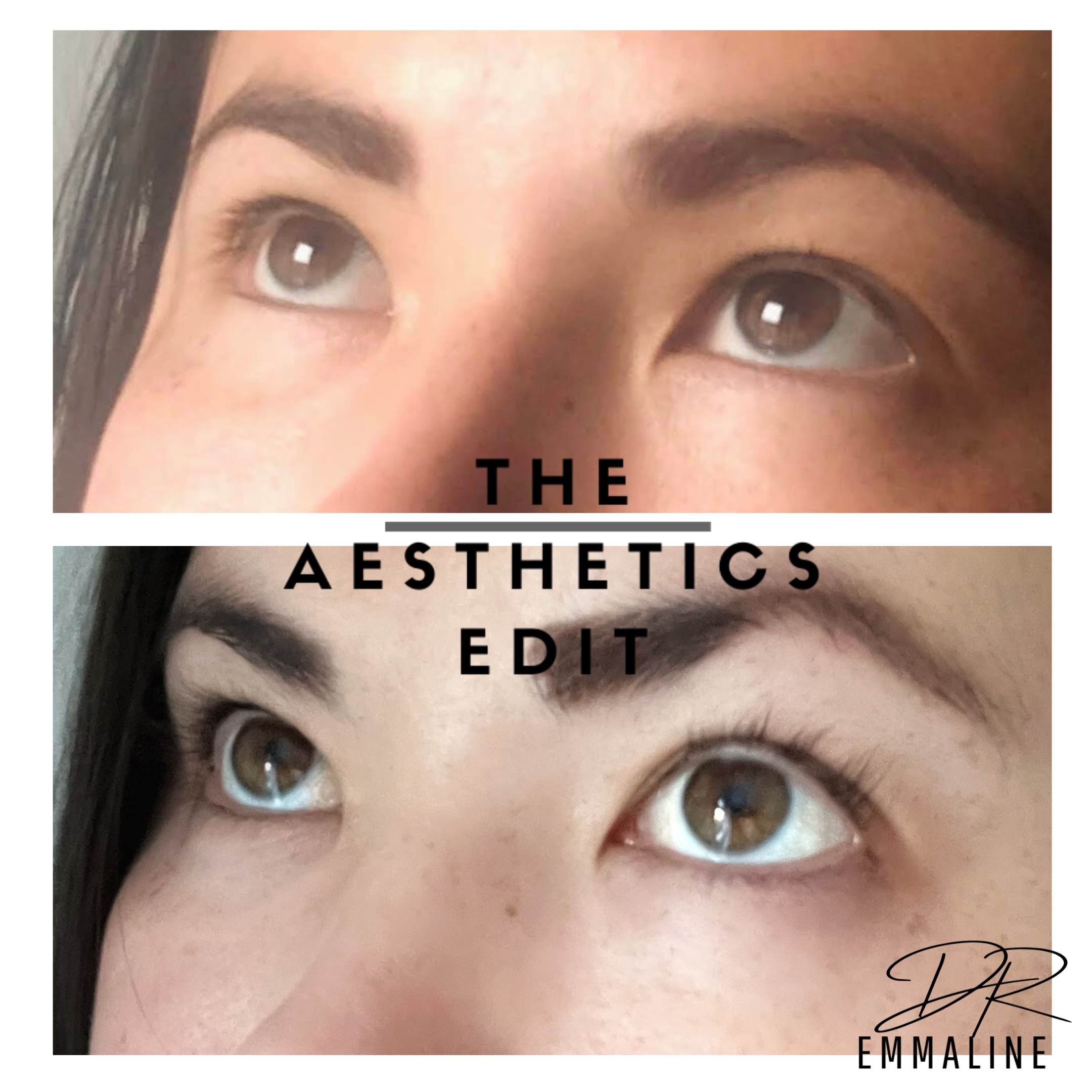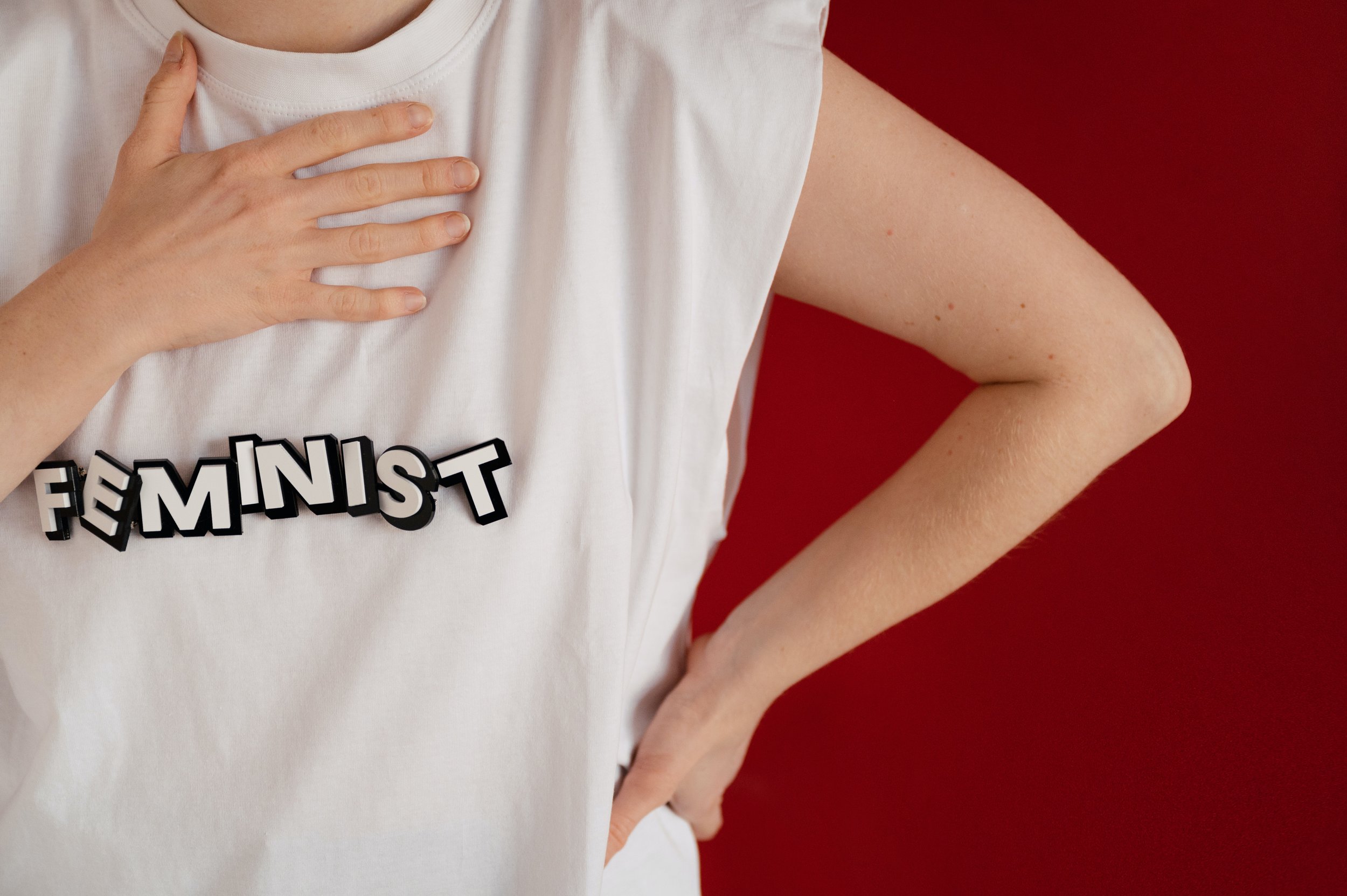Feminism and Cosmetic Medicine
Let’s talk feminism and cosmetic medicine.
Are feminism and cosmetic medicine mutually exclusive concepts? Does having an interest in aesthetics involve tangling ourselves into knots to try reconcile two fundamentally opposed ideas? Are we shrinking ourselves to match society’s concepts of beauty and youth because (somehow) we don’t know any better?
I’m going to say the answer is, “No.”
Now let’s look at why.
The History of Women in Medicine
In the history of medicine, when female clinicians have the opportunity to break boundaries and be pioneers, I love seeing examples of women who incorporate medical aesthetics or plastic surgery into their practice. One of the earliest female clinicians and proponents of women’s health in history, Cleopatra Metrodora, was a gynaecologist and cosmetic surgeon who lived approximately two thousand years ago. She performed both facial and breast aesthetic surgeries.
A compelling modern figure is Madame Noël was a famous French suffragette, feminist, and plastic surgeon. She believed that - regardless of their socioeconomic status - all women deserved access to the vote, and had the radical idea that these rights also included fundamental concepts like autonomy over their own bodies and beauty.
She saw her work as a way to support women and allow them to maintain their professional livelihoods and independence. She wrote extensively and passionately on the subject.
“It is the same as with our right to vote. Nowhere did women meet with such headstrong resistance, nowhere was it made so difficult for them to openly admit their wish to remain young.”
Madame Noël saw no conflict between feminism and cosmetic medicine, but rather felt one of the most empowering things she could do was give women that choice.
A Uniquely “Female Problem”
Women, their appearance, whether or not they engage in private medical aesthetics or plastic surgery, whether or not they’re “allowed” to wear make-up, or a certain outfit, or high-heels…it’s all endlessly dissected.
It’s hardly a revelation to state that men rarely get this type of scrutiny.
Now, when it comes to cosmetic procedures we know that plenty of men engage in medical aesthetics. In fact, the number has been slowly but steadily increasing. But men who choose to undergo a medical aesthetics treatment don’t have the same derision piled onto them. There is of course stigma around male aesthetics, related to ideas of what is “masculine” versus what is “vanity.” But it’s not mainstream to suggest that a man would only have a treatment because he was a brainwashed bimbo trying to get attention from women. This is not a statement that gets gleefully announced with the same certainty as when the roles are reversed.
In fact, a simple search of the popular reporting of recent studies around men getting cosmetic procedures is overwhelmingly positive: men get these procedures to further their careers and remain vital and masculine, they are perceived as more likeable and trustworthy. It’s quite a different narrative!
Search for the popular reporting of why women get these procedures and it’s suddenly about insecurity, vanity, and a desperation to attract men. As if men own our physical appearances and the way we present ourselves, and no decision we make is uninfluenced by them.
Nature Versus Nurture
In this day and age, do we have no choice but to just blindly accept whatever our genes dictate life has in store for us?
Well, the simple truth of it is that with the advances of science and medicine, we simply don’t about many things. And most of these things, which are related to both disease and ageing, are perfectly socially acceptable.
We wear eye-glasses or contact lenses rather than embracing the “natural” state of vision loss in our eyes, we surgically replace hips and knees to restore form and function so we can walk without pain, the same way we did in our youth. People find it tremendously empowering to remove scars that may remind them of both psychological and physical trauma.
But as soon as this bodily autonomy shifts to include female aesthetic concerns (as it is often only women that are ever critcised for cosmetic procedures), the narrative shifts. Women are too brain-wished and too simple to understand the real reasons why they want to make the tweaks that they do, and they simply shouldn’t be given that option. Often you hear praise for plastic surgeons who correct congenital birth defects or reconstruct the breasts of cancer patients, and in the same breath there is scorn and judgment for those who use cosmetic treatments to choose what they want to do with their bodies and how they present themselves to the world.
Final Thoughts
I think the piece I really struggle with when I hear negative comments around cosmetic medicine is this: when I look at the women that I am fortunate enough to work with every single day in the world of medical aesthetics, I feel nothing but admiration and inspiration.
They come from all walks of life and backgrounds, but share many things in common: they are educated, independent, and completely empowered. And I’m not just talking about the clinicians - I’m talking about entrepreneurs, marketing experts, accountants, and journalists (to just name a few!). Many run their own businesses, have excelled in male-dominated fields of work, juggle motherhood and a thousand other commitments, and are dedicated to lifting other women up and supporting them.
There is nothing anti-feminist or anti-female about the people I work with in this field of medicine.
References
Rieder EA, Mu EW, Brauer JA. Men and Cosmetics: Social and Psychological Trends of an Emerging Demographic. J Drugs Dermatol. 2015 Sep;14(9):1023-6. PMID: 26355623.
















It shouldn’t be complicated or controversial to say that a medical specialty should be medical. Unfortunately, in this case, it sometimes is.
Aesthetic medicine is exactly that - a medical specialty. Unfortunately, lack of regulation in the UK has trivialised this specialty, and while it clearly is related to beauty, it is vitally important that it is understood to be completely distinct and separate from beauty. Medical aesthetics treatments are NOT beauty treatments.
Beauty treatments, make-up, fashion - these all follow trends that are influenced by place, time, and culture.
Medical treatments should not be based on trends.